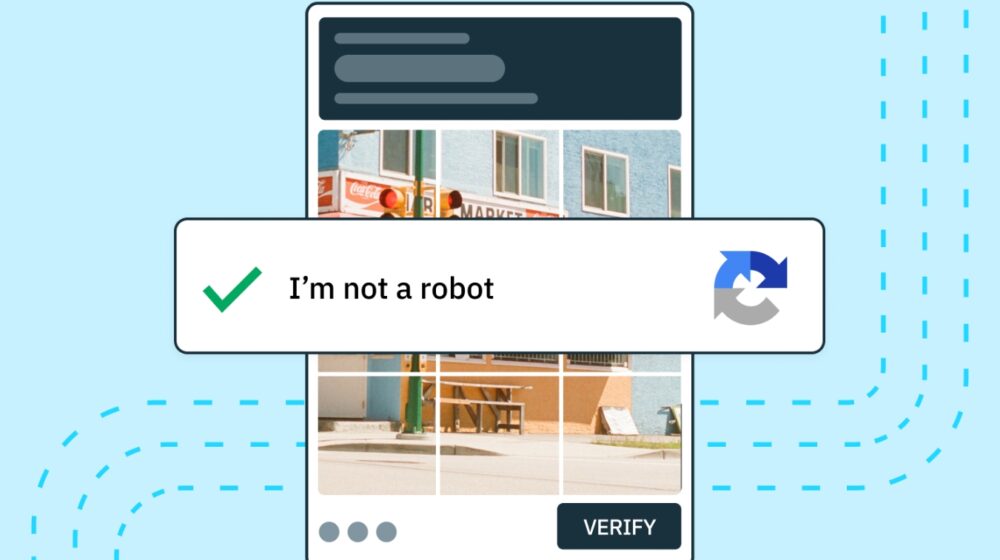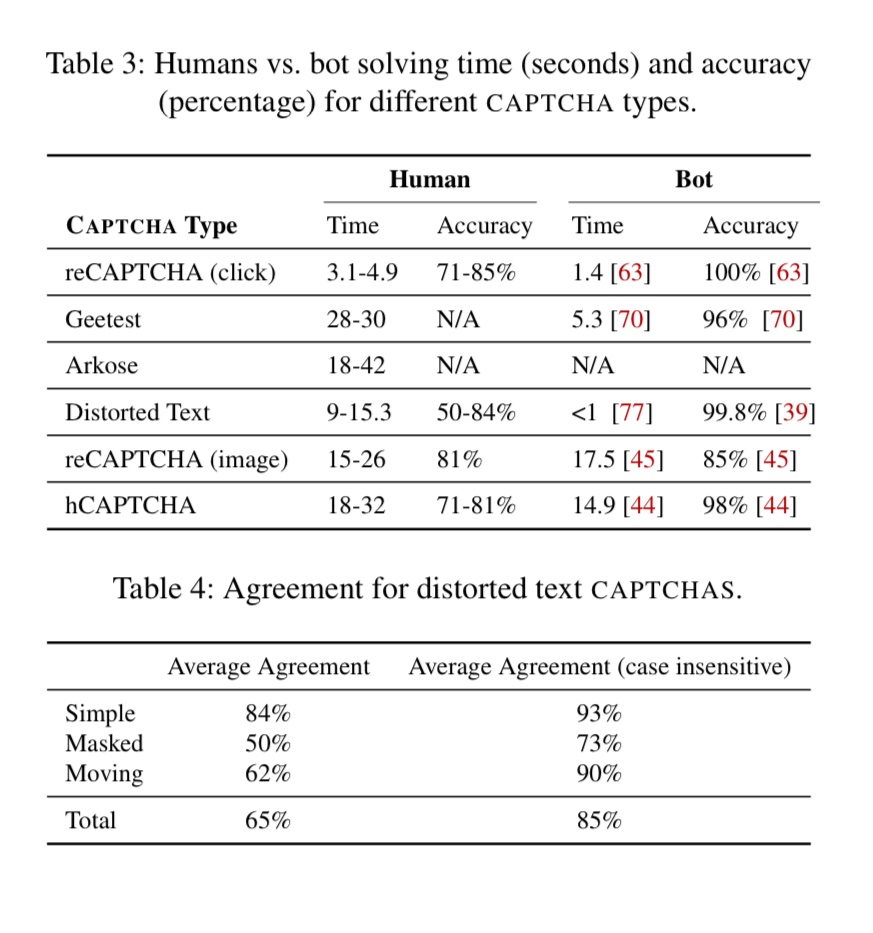A new study performed by researchers at Cornell University, USA, shows that online CAPTCHA forms are in dire need of improvements. This is because the study proves that bots enabled by advanced machine learning are now faster and better at solving CAPTCHAs than humans.
CAPTCHAs, short for “Completely Automated Public Turing Test to Tell Computers and Humans Apart” were originally invented in 1997 to battle bots and stop them from accessing sensitive information by posing as humans. The idea behind CAPTCHAs was to present a task that only humans can solve.
These CAPTCHA forms have seen improvements since their invention 26 years ago, from tasking users to discern an image of distorted text to multiple grids of images asking users to find objects that are often hard to spot.
But while CAPTCHA forms have improved, so has the power of AI, enabling machines to do much more. This allows bots to solve CAPTCHAs not only faster than humans but also more accurately, as per the study.
The research took into account the most commonly used versions of CAPTCHAs on popular websites with 1,400 participants solving over 14,000 CAPTCHAs. While the paper’s main finding is bots beating humans, it also looks into several other interesting topics such as: “Results show significant differences between the most popular types of CAPTCHAs: surprisingly, solving time and user perception are not always correlated. We performed a comparative study to investigate the effect of experimental context — specifically the difference between solving CAPTCHAs directly versus solving them as part of a more natural task, such as account creation.”
Here are the results compared between bots and humans solving the same set of CAPTCHAs.
While it is perceivable for machines to perform a task faster, they also managed to be more accurate than humans in this study, scoring up to 100% and 99% in terms of accuracy for some CAPTCHA tests.
Not only does this highlight the advancements of AI and machine learning in the modern age, but also the need for CAPTCHA forms to catch up with these advancements. Some have suggested adding a layer of obscured text on top of the regular distorted text that is only visible to bots, but this update is yet to be seen or tested in any modern CAPTCHA forms.
More details about the research can be found here.







